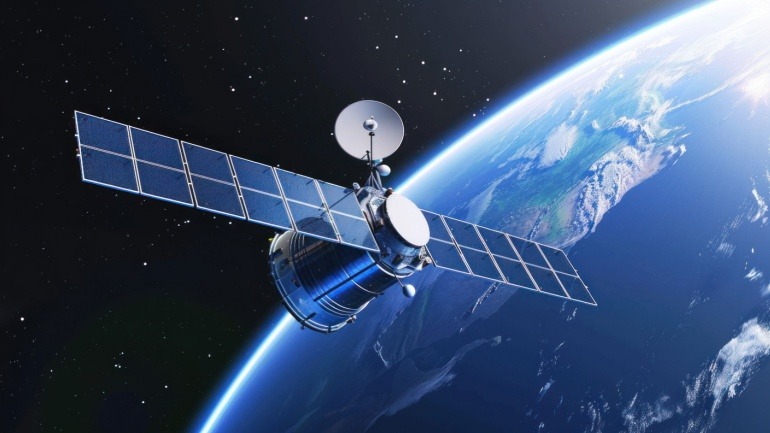T-Mobile has launched T-Satellite, a direct-to-device service using Starlink’s satellites, to combat notorious ‘not spots’ in the US and beyond. The service, supporting over 60 smartphones, integrates with T-Mobile’s premium plans.
Rogers Communications has launched Canada’s first satellite-to-mobile service, bringing connectivity to remote regions. Using low Earth orbit satellites and national wireless spectrum, the service enables texting and emergency access where traditional networks fail.
Luxembourg’s advanced digital infrastructure makes it an ideal headquarters for SatCo, the joint venture between Vodafone and AST SpaceMobile. This strategic move aims to deliver direct-to-device satellite broadband across Europe, enhancing digital sovereignty.
T-Mobile will launch its T-Satellite NTN on July 23, expanding satellite-to-cellular service to areas without terrestrial coverage. With 1.8 million beta users already active, the service enables seamless messaging on existing devices. Future features include multimedia messaging and emergency texting, even for non T-Mobile customers.
ESA and Hispasat have launched a joint effort to develop secure quantum key distribution via satellite and terrestrial networks. The Q-Design project involves major telecom and banking players, aiming to roll out a versatile QKD system by 2028.
Starlink has secured approval to provide satellite broadband in India, entering a competitive field with Airtel and Jio. Backed by a key license, it must meet strict local data and infrastructure rules before launch. With trial spectrum rights expected soon, Starlink prepares to help bridge connectivity gaps in underserved regions.
Deutsche Telekom is investing in the EU’s IRIS2 satellite project to build a cutting-edge multi-orbital communication constellation. This initiative will enhance Europe’s digital infrastructure, reinforcing technological sovereignty with advanced IT, secure networks, and 5G.
Orange has partnered with Eutelsat to enhance satellite connectivity for its enterprise and government clients. By integrating low earth orbit technology with its existing network, Orange aims to deliver more resilient and secure services in even the most remote regions.
Colt Technology Services, Honeywell, and Nokia are partnering to develop quantum-safe satellite networking. By using quantum key distribution from low earth orbit, they aim to secure global data transmission against quantum computing threats, overcoming the distance limits of fiber optics.













